This collection of Bukusu folktales and proverbs provides a cultural heritage. The prologue includes a brief history and gender politics within the community. Earlier historical accounts draw heavily on oral narratives and legends. “Bukusu” is both a eulogist and descriptive term.
The label of the Bukusu as the lirango liejofu [thigh of the elephant] establishes the cultural link between Basilikwa, Banabayi, Bamalaba, Baneala and Bakikaki sub-ethnic groups in Kenya. It also demonstrates the evolution of a plurality of cultural elements to a more homogenous heritage.
Overall, Bukusu folktales portray male protagonists as rational, courageous, visionary, protective, and possessing inordinate power, even over death. Tales centered on women regardless of merit typically omit (adult) male presence. When females excel it is in persona viri, failing to undermine the patriarchal structure. The discussion also recognizes the complicity of women as primary storytellers and socializing agents in reinforcing sexism.
As the “language of the culturally wise,” proverbs function as cautionary injunctions with children and diplomatic chastisement or demonstration of eloquence among adults. The command of cultural mores and lores as well as articulation is an indispensable skill at public forums that feature tact and language sophistication. That proverbs reflect daily experience, speculation and regular common sense augments the legitimacy. They are concise, simple, and easy to recall, utilizing familiar terms and phrases–about dances, rain, drinking, grazing, cooking pots, birds, beauty, parents, bulls, and kinship among others.











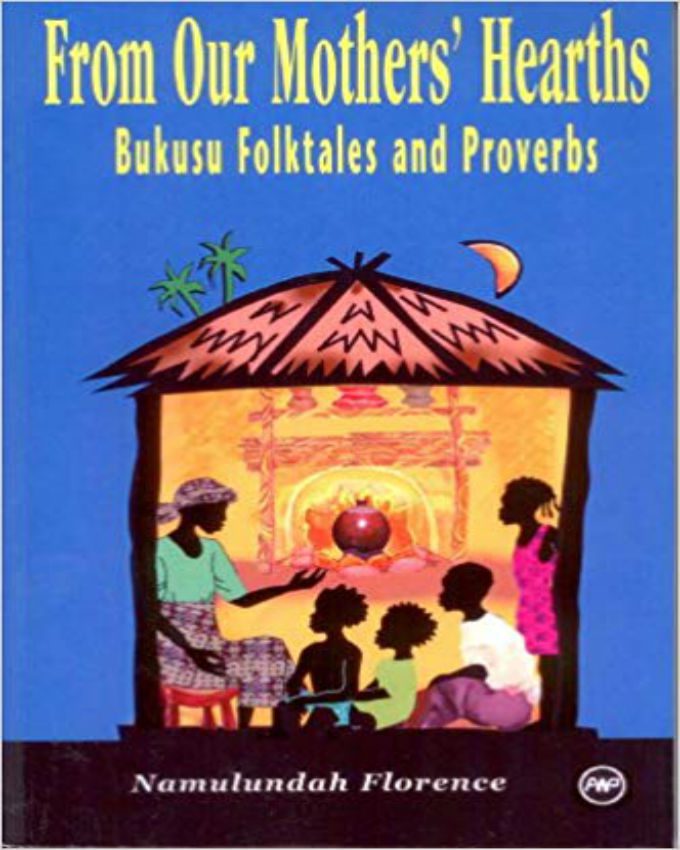


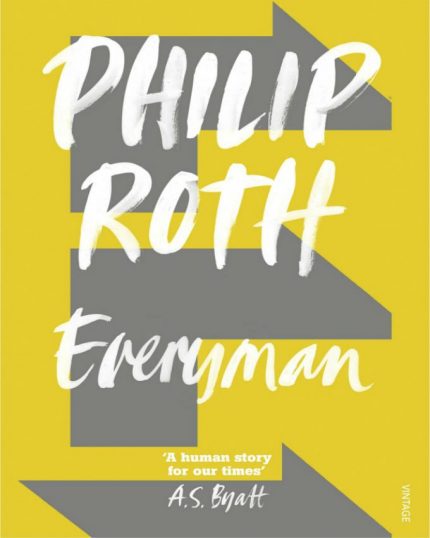
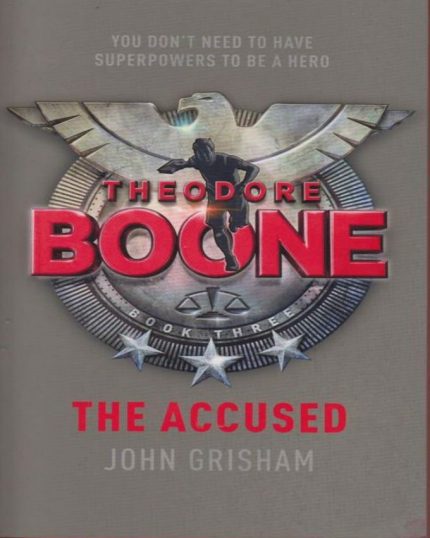
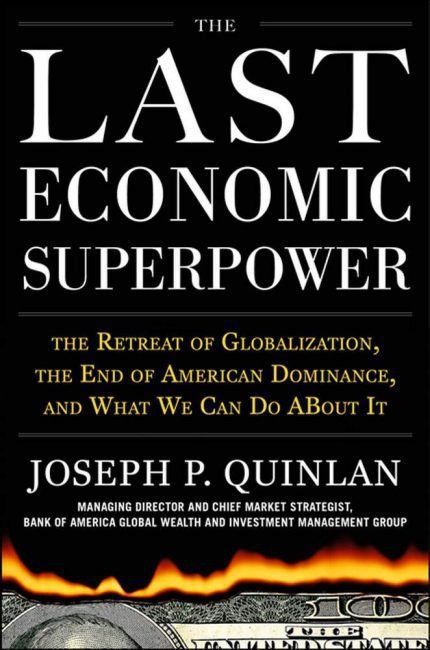

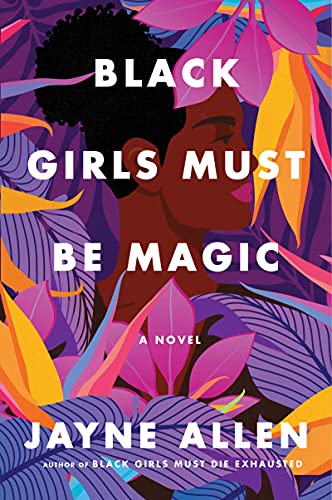
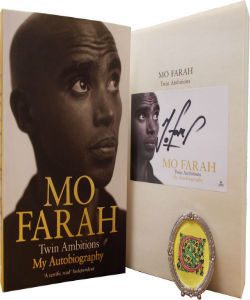

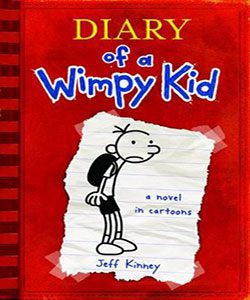






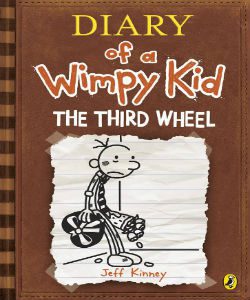
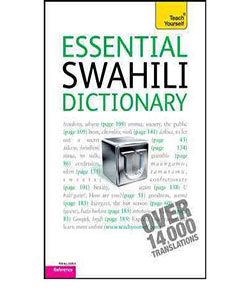
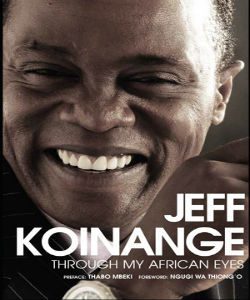
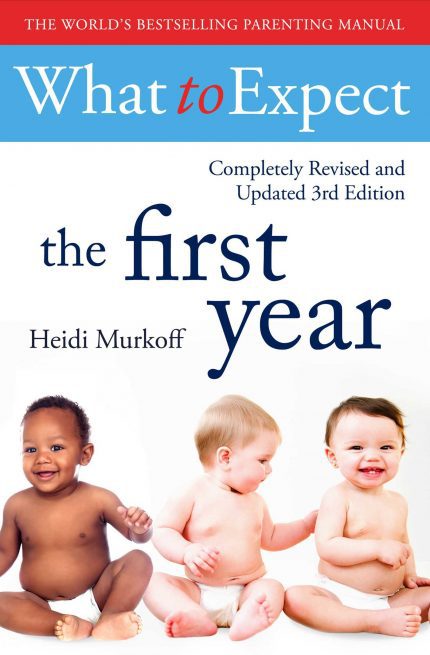


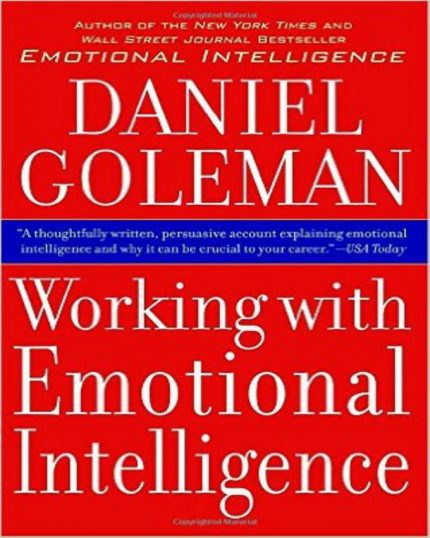


Reviews
Clear filtersThere are no reviews yet.